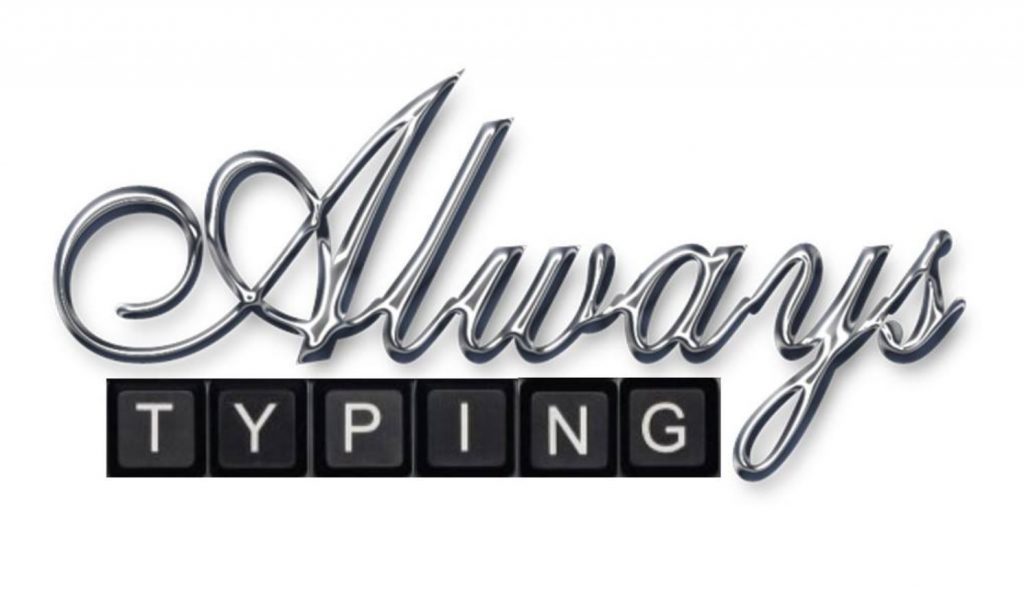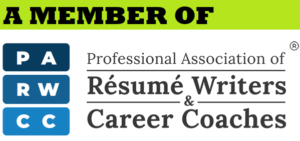93% of employers deem soft skills as essential for workers to succeed. But, what exactly are soft skills? And what are hard skills? And how do you showcase both in a resume?
A lot of people get confused about the differences between hard skills vs. soft skills. Luckily, after this article, you won’t be one of them! Keep reading to discover more about each.
Table of Contents
ToggleWhat Are Hard Skills?
Hard skills are the ones you’ve learned through hands-on experience, training, or education. These skills are measurable, and it’s easy to see the progression of growth in them throughout your career. Hard skills are often interchanged with technical skills. Though, this should not be confused with technical proficiencies which are commonly outlined on resumes to showcase the software and hardware someone has proficiency in.
Hard skills are concrete abilities you have developed. Some of these skills are easier to learn than others. Depending on your industry, you may have to prove your expertise before you get hired for a job. For example, lawyers pass the bar exam, and computer professionals take programming tests.
Hard Skills Examples
There are numerous hard skills we could highlight, but we’ll outline five common hard skills that are hot in today’s hiring market. Those include:
SEO Marketing
People cannot naturally develop expertise in SEO marketing. This is a skill that people must learn through courses, hands-on experience, or other types of education, such as marketing degrees or certifications.
Language Proficiencies
Speaking another language is a hard skill that many companies want. The need for translators or bilingual professionals is on the rise. While a lot of people do learn more than language as a child, just as many learn the language through other means. This is a hard skill that could get you far in your career if you decide to develop it.
Programming Languages
The tech industry is a rapidly advancing and ever-changing area that is always looking for new professionals. Learning a programming language is a very popular hard skill that is in demand.
Budgeting
Let’s face it, not everyone is good with money and definitely shouldn’t be in charge of a company’s budget. This hard skill is one that people can learn and develop over time.
Website Development
Again, we go with a tech hard skill. Designing a website is one of the easier-to-learn hard skills. Many companies want website developers on staff and may require a test project before hiring a new person.
What Are Soft Skills?
Soft skills are developed throughout your life and aren’t easily learned through training or courses. These are “people skills” or “interpersonal skills” that many job descriptions highlight. Soft skills are directly tied to your personality. They often highlight your personal motivations or reasons behind your actions. Soft skills are just as valuable in the workplace as hard skills.
Soft Skills Examples
The following soft skills are the most popular ones listed in job descriptions. They are:
Communication
Communication is a very important soft skill needed in the workplace. Employees communicate with numerous people every day, from their coworkers to clients to their leaders. Being able to articulately communicate in a way that doesn’t confuse or offend others is a must.
Leadership
Not everyone is leadership material. This is why leadership is considered a soft skill. Being able to motivate, empower, and lead others is a skill that some people are simply born with. Highlighting your leadership abilities on your resume is vital if you want to progress. Even if you don’t hold a leadership role, you can still highlight examples of leadership in your resume.
Decision-Making
Decision-making is another soft skill that not everyone is good at. Being able to look at the whole picture and make a decision that is best for the team, the company, and everyone else involved is a critical skill. If you have this soft skill, you’ll want to show it in your resume.
Critical Thinking
The ability to think critically about a situation and solve a problem is an in-demand soft skill. This also ties into leadership skills.
Adaptability
In today’s ever-changing world, adaptability is a must. This means you can pivot and still meet deadlines even in times of uncertainty. This is a skill most companies want because it means less disruption when situations arise.
How to Measure Hard Skills and Soft Skills
So, how exactly do you measure your hard skills and soft skills for a resume? There are a few ways you can incorporate them throughout your document. Here are a few examples:
Hard skills:
- Drove 50% traffic growth through the development of a new website and SEO-focused marketing strategy.
- Translated 200 training documents into Spanish for new hires.
Soft skills:
- Leveraged communication and interpersonal skills to forge lasting relationships with clients, leading to 87% growth in sales.
- Influenced decision-making by providing analytics and reports to showcase the importance of changes and improvements.
Highlight Your Hard vs. Soft Skills Correctly–Get a Resume Update Today!
Now you understand the variances between hard skills vs. soft skills. We hope this article gave you the insight needed to make your resume pop. However, if you are still struggling, we can help.
At Always Writing, we have years of experience in crafting professional resumes that showcase both hard and soft skills. You won’t have to worry if you’ve captured your capabilities because we’ll do it for you! Check out our resume packages or contact us for more information.



